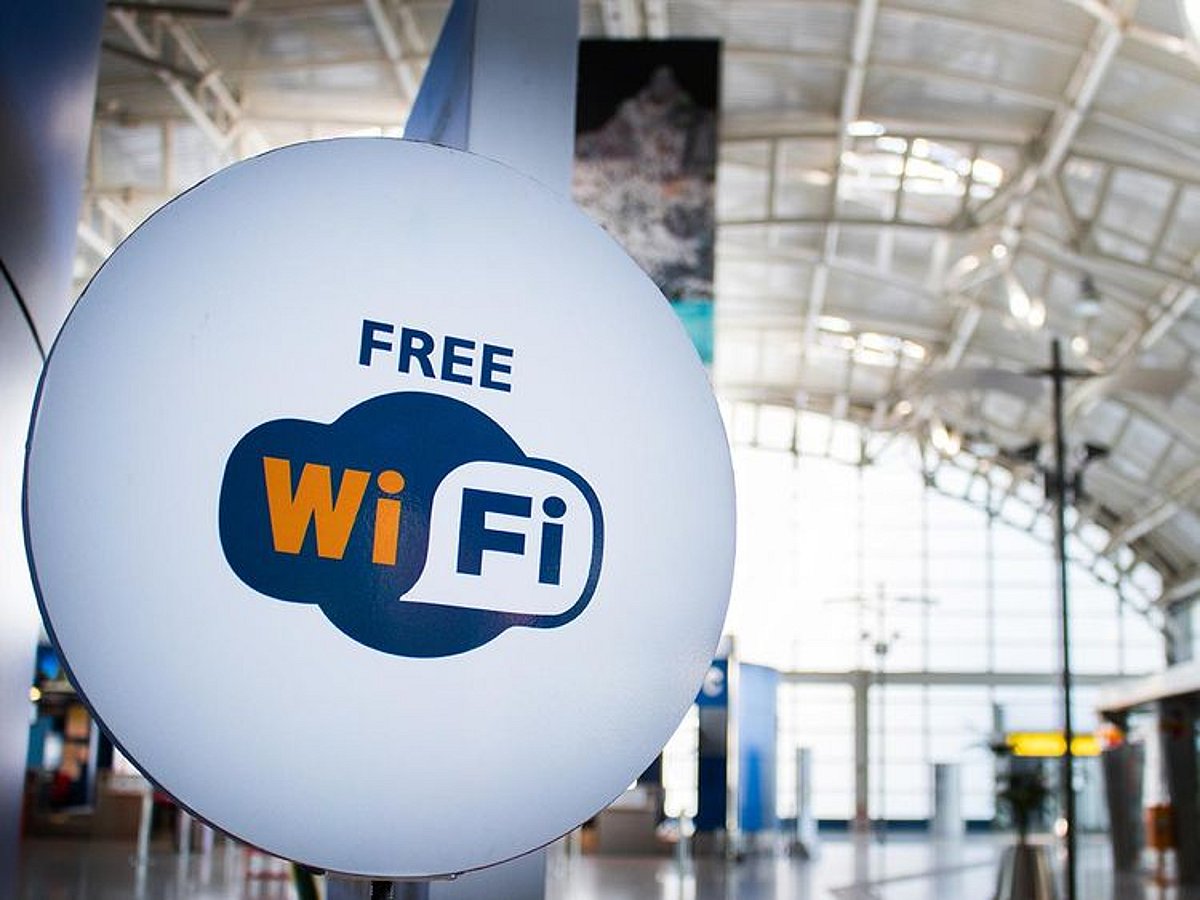Dubai Police Warn Against Public Wi-Fi for Banking Safety
In a recent advisory, Dubai Police have highlighted the dangers of using public Wi-Fi networks for online banking. The warning comes amid growing concerns about data security and the potential for cybercriminals to exploit unsecured connections to steal sensitive information.
Risks of Public Wi-Fi
Public Wi-Fi networks are often unprotected, making them prime targets for hackers. Cybercriminals can easily intercept data transmitted over these networks, leading to unauthorized access to personal devices and financial accounts. The police emphasized that users should be particularly cautious when accessing banking services, as the risks associated with public Wi-Fi can result in significant financial loss and privacy breaches.
Recommendations for Safe Internet Use
To safeguard personal information, Dubai Police recommend using secure, private connections whenever possible. Users should consider utilizing mobile data for banking transactions instead of relying on public Wi-Fi. Additionally, verifying the identity of the network before connecting can help prevent accidental exposure to threats. The UAE Cybersecurity Council echoes these sentiments, advising against any sensitive activities, such as financial transactions or password changes, on open networks.
Legal Implications for Organizations
The potential risks of public Wi-Fi extend beyond individual users. Organizations that fail to protect their networks may face legal liabilities and financial penalties if client data is compromised. The UAE Cybersecurity Council has urged businesses to implement robust security measures to protect against such vulnerabilities.
FAQs
Why is public Wi-Fi risky for banking?
Public Wi-Fi is often unsecured, making it easy for hackers to intercept data and gain access to sensitive information, including banking credentials.
What should I do instead of using public Wi-Fi for banking?
It is advisable to use mobile data or a secure private network for banking transactions. Always verify the network identity before connecting.
What are the consequences for organizations using public Wi-Fi?
Organizations risk legal liabilities and financial penalties if they do not adequately protect their networks, leading to potential breaches of client data.
Conclusion
The warning from Dubai Police serves as a crucial reminder of the risks associated with public Wi-Fi, particularly for banking transactions. Users are encouraged to prioritize their online security by opting for secure connections and remaining vigilant against potential cyber threats. Taking these precautions can help protect personal and financial information from malicious attacks.
The rise of digital banking has made it increasingly important for users to understand the security implications of their online activities. As more individuals rely on mobile devices and public networks for financial transactions, the potential for cyber threats has escalated. Cybersecurity experts warn that the sophistication of hacking techniques is continually evolving, making it essential for users to stay informed about the latest risks and protective measures. Awareness of these threats can empower users to make safer choices regarding their online behavior.
In addition to individual precautions, the role of internet service providers (ISPs) and public establishments in ensuring secure Wi-Fi connections is critical. Many businesses that offer public Wi-Fi may not implement adequate security protocols, leaving users vulnerable. As a result, there is a growing call for regulations that require businesses to enhance their network security measures. This could include mandating encryption protocols and regular security audits to protect users from potential breaches. Increased collaboration between law enforcement agencies and private sectors is also essential to create a safer digital environment.
Moreover, the importance of cybersecurity education cannot be overstated. Initiatives aimed at raising awareness about safe internet practices are vital in equipping users with the knowledge they need to navigate the digital landscape securely. Workshops, online resources, and community outreach programs can play a significant role in informing the public about the dangers of unsecured networks and the best practices for protecting personal information. As cyber threats continue to evolve, a proactive approach to cybersecurity education will be crucial in fostering a culture of safety and vigilance among internet users.
Also Read:
Dubai Police Target WhatsApp Cybercriminals in New Campaign







